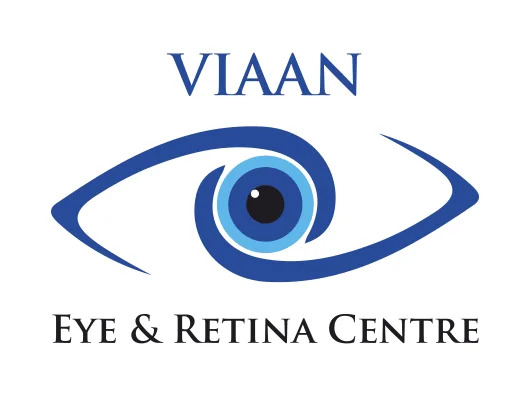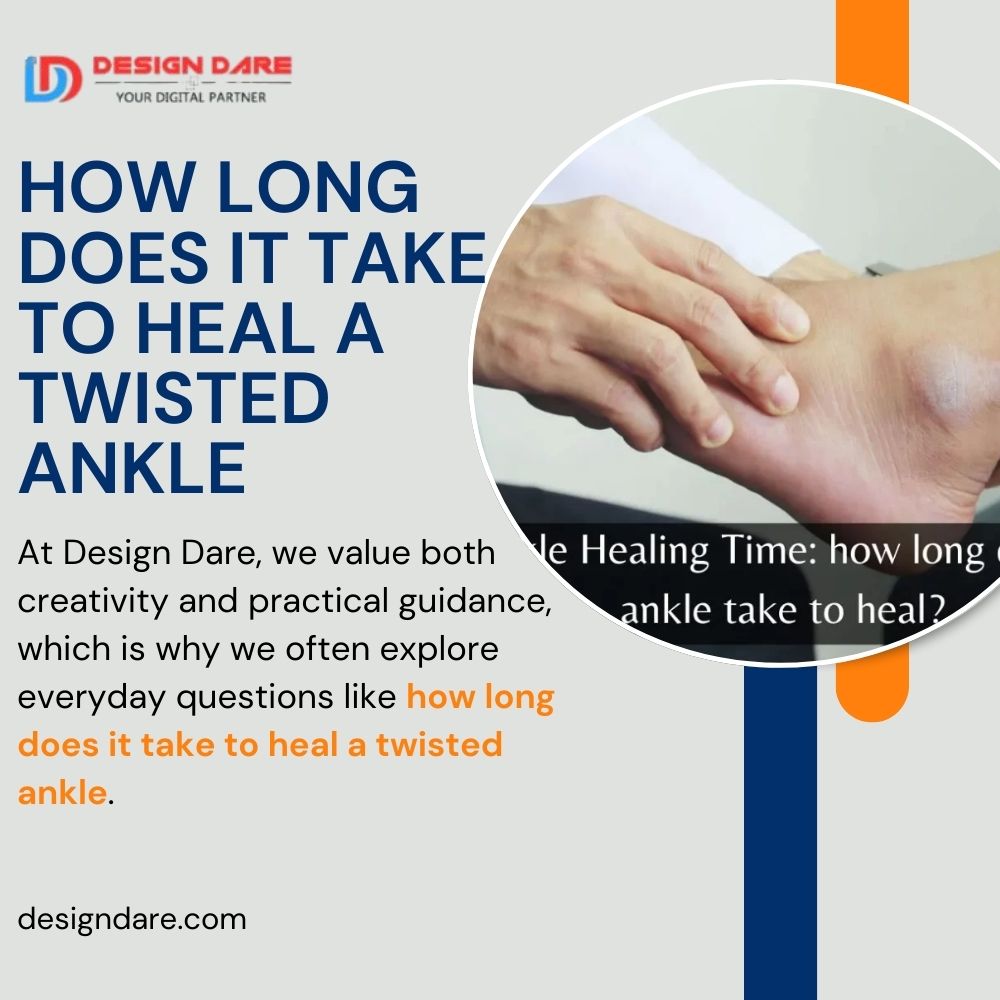Healthy eyesight is one of the most valuable assets a child can have. From learning in school to playing sports and enjoying daily activities, clear vision helps children explore and grow with confidence. Unfortunately, eye health in children is often overlooked until problems become obvious. An eye specialist for kids, also known as a pediatric ophthalmologist, plays a vital role in detecting vision issues early and ensuring proper treatment for healthy development.
Who Is a Pediatric Ophthalmologist?
A pediatric ophthalmologist is a doctor who specializes in diagnosing, treating, and managing eye conditions in children. They are trained not just in medical and surgical eye care but also in dealing with the unique psychological and emotional needs of kids. Their clinics are usually child-friendly, making children feel comfortable during examinations.
Why Children Need an Eye Specialist
Children may not recognize or communicate vision problems. In many cases, they assume poor eyesight is normal because they have never experienced clear vision. This makes early checkups with an eye specialist very important.
Key reasons to visit a pediatric ophthalmologist:
- Early detection of eye problems before they worsen
- Specialized care for congenital and developmental conditions
- Guidance on managing screen-related eye strain
- Preventing permanent vision loss with timely treatment
Common Eye Problems in Children
Refractive Errors
- Myopia (Nearsightedness): Difficulty seeing distant objects, common in school-going kids.
- Hyperopia (Farsightedness): Trouble focusing on near objects, affecting reading and writing.
- Astigmatism: Blurred vision at all distances due to irregular corneal shape.
Amblyopia (Lazy Eye)
- Occurs when one eye becomes weaker, and the brain favors the stronger eye.
- If untreated, it may lead to permanent vision loss.
Strabismus (Crossed Eyes)
- Eyes are misaligned, leading to double vision and poor depth perception.
- Treatment may involve glasses, therapy, or surgery.
Congenital Eye Problems
- Issues like cataracts, blocked tear ducts, or corneal disorders are present at birth.
- Require early attention to prevent long-term damage.
Allergies and Infections
- Redness, itching, or swelling are common in children.
- Proper treatment helps avoid complications.
Signs That Indicate Your Child Needs an Eye Specialist
Parents should be alert to symptoms that suggest vision problems. Some common warning signs include:
- Squinting frequently or closing one eye while focusing
- Sitting too close to the TV or holding books very near
- Complaints of headaches or eye strain
- Difficulty in school despite putting in effort
- Poor coordination in sports or frequent clumsiness
- Excessive eye rubbing or watery eyes
Importance of Early Eye Checkups
Vision is critical for a child’s learning, with nearly 80% of classroom activities relying on visual input. Undiagnosed vision problems can affect academic performance, social interaction, and overall confidence.
Suggested eye exam schedule for kids:
- Newborns: Screening at birth to detect congenital issues
- 6–12 months: Checkup for eye alignment and responsiveness
- 3–5 years: Comprehensive exam to detect refractive errors or lazy eye
- School-age children: Eye exams every 1–2 years, especially if glasses are prescribed
How Parents Can Protect Children’s Eye Health
Good vision depends not only on medical checkups but also on healthy habits. Parents can take proactive steps to protect their child’s eyes.
Tips for healthy eyesight:
- Encourage outdoor play to reduce the risk of myopia
- Provide a nutritious diet rich in Vitamin A, Omega-3 fatty acids, and leafy greens
- Limit screen time and follow the 20-20-20 rule to reduce digital strain
- Use proper lighting while studying or reading
- Provide protective eyewear during sports and outdoor activities
- Model good eye habits so children learn by example
When to Seek Immediate Help
Certain eye problems require urgent care from a pediatric ophthalmologist. Parents should not delay if their child experiences:
- Sudden injury or trauma to the eye
- Cloudy or white appearance in the pupil
- Extreme sensitivity to light
- Rapid change in vision or double vision
- Severe redness, swelling, or pain around the eyes
Quick intervention in these cases can prevent permanent damage and restore healthy vision.
Conclusion
A child’s eyes are their window to the world, shaping how they learn, play, and interact with others. Consulting an eye specialist for kids is one of the best ways to protect their vision and support healthy growth. A pediatric ophthalmologist provides specialized care tailored to children, ensuring that issues are detected early and treated effectively. By scheduling regular checkups, encouraging healthy habits, and seeking immediate attention when necessary, parents can give their children the priceless gift of clear vision and confidence for the future.






Comments (0)
Login to post a comment.